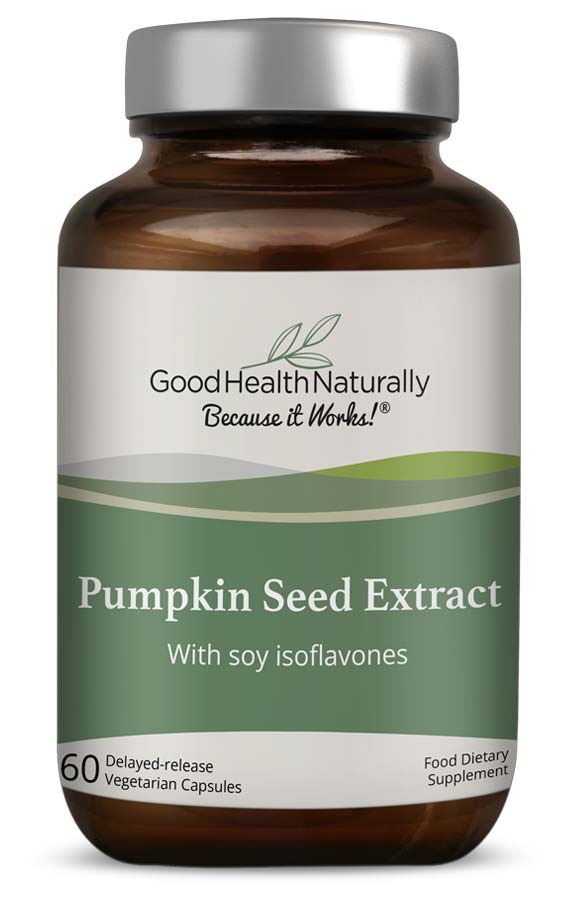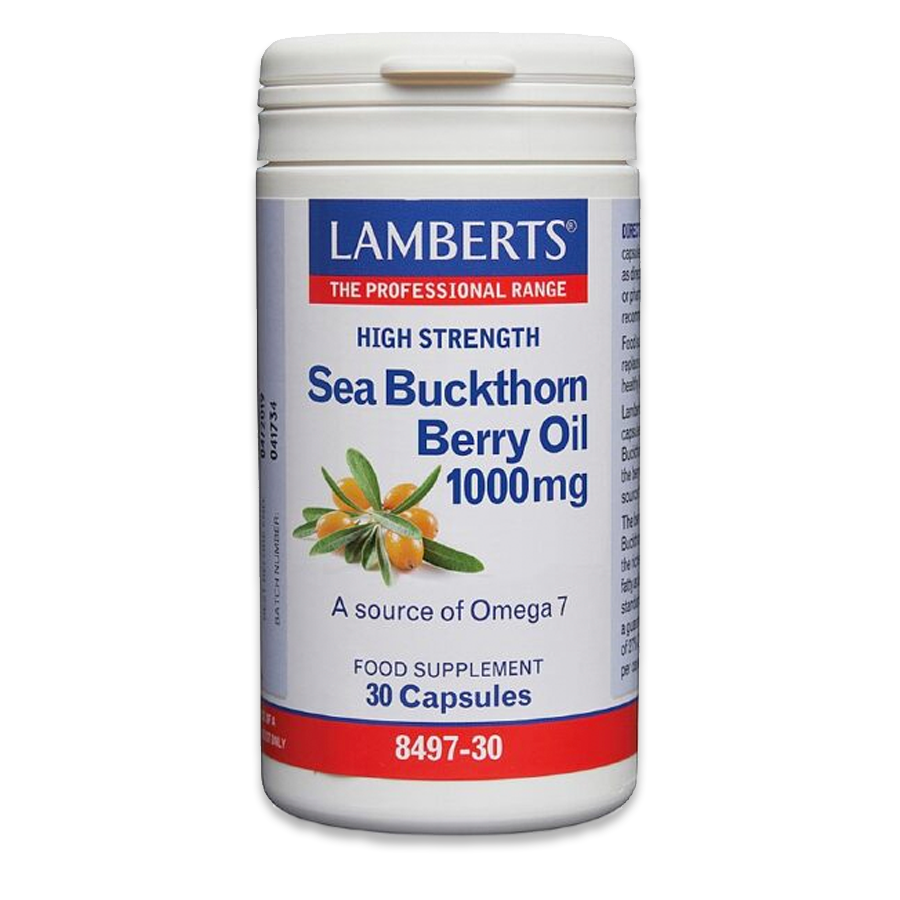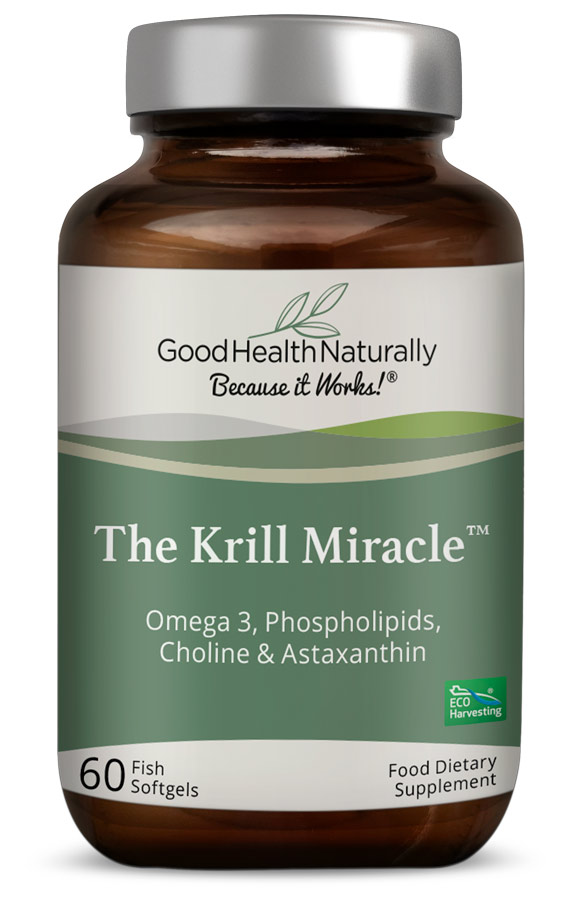Menopause is a significant milestone in a woman’s life, and many find navigating through it and beyond a challenge. As if transitioning through all the hormonal fluctuations wasn’t bad enough, ‘the change’ also brings with it an increased risk of many chronic diseases. Oestrogen is protective for brain, cardiovascular and bone health, so once levels start declining, the chance of developing dementia, heart disease, osteoporosis and urinary tract infections can increase. But it is worth remembering many of these risks are to some extent modifiable. If women ensure their diet and lifestyle evolve to cope, then there is no reason why they shouldn’t stay healthy at menopause and beyond.
Make Smart Food Choices
Addressing the diet is always a good place to start. Ageing and hormonal changes can affect digestion and metabolism. It is important to ensure there is plenty of fibre from fruit, vegetables and whole grains, which will not only keep bowel movements regular, it can also help regulate blood sugar levels and support weight management.
As we get older, our muscle mass starts to decline. Adequate protein intake becomes crucial to preserve and build muscle. Include lean meats, wild-caught fish, beans and tofu in the diet.
Aim to eat a rainbow of colour every day. This will help ensure you are getting plenty of vitamins, minerals and phytonutrients to nourish the body. A good tip is to fill half your plate with vegetables at mealtimes. Always opt for organic where possible to reduce pesticide exposure which can negatively affect how hormones function.
Choose Phytoestrogen Foods
For women aiming to stay healthy at menopause and beyond, consuming plenty of phytoestrogen foods can be a smart choice. These naturally occurring plant compounds are found in soy, edamame, miso, tempeh, tofu and flaxseeds. They have garnered attention for their potential benefits in managing menopausal hormonal symptoms and supporting overall health in post-menopausal women. They have oestrogen-like properties and can mimic its effects in the body, albeit with much weaker potency. Studies suggest they may have the potential to help slow down bone loss and improve cholesterol levels, arterial function, and blood pressure.
Build Strong Bones
Oestrogen is involved in maintaining strong bones, so a decline can lead to decreased bone mass and reduced strength. Women may start losing bone density in the first few years after menopause and become at high risk of osteoporosis a decade or so later. This makes them especially susceptible to fractures of the spine, hips and wrists. It is important to ensure the diet is rich in bone-healthy nutrients, especially calcium, magnesium, boron and vitamin K. Magnesium helps retain the bone structure. Vitamin K helps pull calcium out of the blood into the bones. These important nutrients are found in leafy green vegetables, nuts, seeds and whole grains. Vitamin D is important for bone health too. It usually needs to be taken as a supplement, especially in the winter months.
Maca Support
This root vegetable, native to the high-altitude regions of the Andes Mountains in Peru, may be beneficial for relieving menopausal syndrome and preventing osteoporosis, according to a 2015 study published in the Journal of Food Research International. It concluded postmenopausal women who consumed maca experienced improvements in bone density markers. It is thought this is because an active constituent in maca may help promote bone cell growth and mineralisation. While more research is needed to fully understand the mechanisms involved and to confirm these potential benefits, it could be a good choice for women aiming to stay healthy at menopause and beyond.
Cardiovascular Risk
Heart disease is now a leading cause of death in women and the risk increases after menopause. Oestrogen helps to control cholesterol and keeps blood vessels healthy. If levels fall, fat can build up in the arteries causing them to become narrower, increasing the risk of heart disease and stroke. Menopause can also bring other changes like weight gain and high blood pressure which further increases the risk. It is important for women to take action and exercise every day, manage stress and maintain a healthy weight.
Not All Fats Are Bad
For women aiming to stay healthy at menopause and beyond they need to pay attention to how much omega-3 fatty acids are in the diet. It can help manage cholesterol levels, reduce inflammation, as well as improve dry skin, lifeless hair, cracked nails and dry eyes. Research suggests it may increase bone mineral content, reducing the risk of osteoporosis. It is an essential nutrient which our bodies can’t make. It’s found in fatty fish like salmon and flaxseeds, so if women are following a vegetarian diet, or simply not eating enough omega-3-rich foods a supplement may be necessary.
Urinary Distress
Stress incontinence, vaginal issues and urinary tract infections are common in post-menopausal women. This is because oestrogen is important for the structure of the urogenital area, where it maintains the levels of collagen and elastic fibres. So once levels start dwindling it can lead to vaginal atrophy and the thinning and drying of vaginal mucosa. This tissue becomes prone to inflammation, discomfort, dryness, burning or itching. It is believed to affect up to 40 per cent of women. Oestrogen deficiency can also disrupt the bacteria in the vagina, potentially leading to more urinary infections.
Sea Buckthorn Oil
This oil from the berries of sea buckthorn can be hugely beneficial to help women stay healthy at menopause and beyond, especially if they are suffering from dry eyes or vaginal dryness. It contains high levels of nutrients, including fatty acids, vitamins and minerals, antioxidants, anthocyanins and amino acids. But of particular importance is the abundance of omega-7 fatty acids, which is difficult to obtain through diet. This fatty acid is one of the primary components of the cells of the mucous membranes in the digestive and respiratory tracts, female genitalia and the eye. The high antioxidant levels in sea buckthorn oil, combined with its omega-7 fatty acids, may help keep these mucous membranes hydrated and healthy by promoting tissue regeneration and reducing inflammation.
Pumpkin Seed Extract
This can be a great choice for post-menopausal women who experience stress incontinence. It has a long history of helping to maintain healthy bladder function. It may offer relief by promoting structural support of the bladder and helping maintain urethral sphincter muscle function. Studies showed most women felt an improvement after six to eight weeks of supplementation.
Mighty Magnesium
Women must make sure they are getting enough of this mineral if they want to stay healthy at menopause and beyond. It’s a well-known natural relaxant which can help with sleep and mood. It also plays a role in heart and bone health. These are all things needing support during this life stage. Most people are deficient in this essential mineral, so supplementing is a great idea. Topical lotions and oils can be useful for promoting sleep and relaxation at bedtime.
To conclude
When women transition through ‘the change’ their risk factors for many diseases increase. But there is so much they can do by adjusting their diet to address nutritional needs or considering supplements when necessary, to ensure they stay healthy at menopause and beyond.
Recommended Products
Please note: The product images represent the ongoing rebranding across Good Health Naturally range and may currently vary from actual stock.







